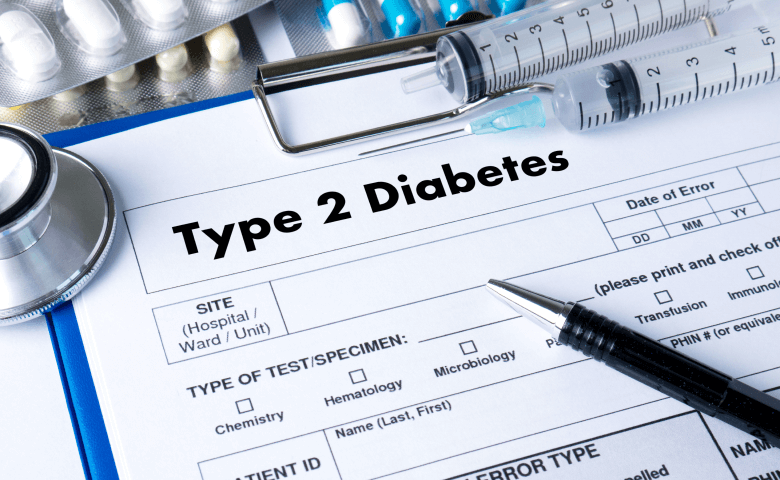What makes a ‘superstar’ employee?
Self motivated and ambitious
They understand their role and responsibilities but are willing to do more and strive to use their strengths and reduce their weaknesses. Self-motivation isn’t something that can be ‘trained’. People tend to have it or they don’t. But, it is something they can lose and it is important not to let superstar employees become demotivated.
Reliable and enthusiastic
They turn up to work each day keen to get stuck into their role and seek opportunities for greater development and success.
Team players
They recognise good teamwork is important for success. They collaborate effectively with colleagues within their job function but also across other teams, managerial hierarchies and geographical locations.
Proactive and creative
They do not wait to be told what to do. They use their initiative to get a task done and try to discover new, more productive ways of doing things in the process.
Pay attention to the detail
They take details seriously and put in extra effort to ensure their work is to the highest standard. details are adhered to and spot.
Positive mindset
Positivity is magnetic and contagious. They encourage a positive, optimistic culture within their team and wider company.
But what is the secret to creating a ‘superstar’ employee? ...Great health.
People can only perform at their best when their body and mind is at their best.
So what is the secret to great health?
Understanding it and having the knowledge, tools and environment to make sustainable, healthy lifestyle habits. Less than 20 percent of first time LiveSmart users reach ‘superstar’ health scores (which is a score of 70 percent or above) but this improves to nearly 30 percent from their second assessment onwards.
79 percent of LiveSmart users have low blood Vitamin D levels. Low Vitamin D levels are associated with musculo-skeletal pain, high blood pressure, poor immune health and depression. Studies have shown that employees with low Vitamin D are less productive than employees with higher Vitamin D levels. This may be due to low energy levels and lack of focus and can be further impacted by increased absenteeism from poor cardio and immune health. Yet, improving Vitamin D levels can be easily fixed by measuring employees levels and providing the correct supplement doses as recommended by a clinician.
Exercising regularly not only improves our physical health, such as blood pressure, cholesterol levels and weight, it also plays a major role in improving productivity. Exercise improves cognitive function, such as increased alertness, better concentration, faster learning and a sharper memory - key characteristics of a ‘superstar’ employee. It also boosts mood and helps people to better deal with stress which in turn helps build positive interpersonal relationships amongst colleagues.
Acute exercise on a working day has also been shown to improve performance compared to not exercising. Yet, only 26% of LiveSmart users are meeting the minimum national recommendations for moderate exercise per week.
Workplace schemes and culture can help to improve this.
- Cycle to work schemes and onsite showers and changing facilities can encourage employees actively commuting to work.
- Flexible working hours can help employees fit in a workout before or after work or even during their lunch breaks.
- Promoting an active work culture such as stand up desks, walking meetings, lunchtime or after work activity clubs and subsidising gym memberships.
Employee nutrition habits are not only damaging to their health but also their performance. 46 percent of first-time LiveSmart users had a high BMI (body mass index) in the overweight or obese category. This reduced to 37% by their second health assessment onwards. Numerous studies have linked being overweight and obesity to increased absenteeism. Obese employees have been shown to have more days off, longer sick leave, worse mobility, lower morale and greater loss of productivity compared to employees with a healthier weight. This is unsurprising given obesity is one of the key risk factors for the major non communicable diseases in the UK including heart disease, type 2 diabetes, fatty liver disease and some cancers as well as common health issues such as obstructive sleep apnoea, kidney disease and depression.
Shockingly, it has been found that over 50% of over-45s are now living with diet-related health conditions. Workplace practice and culture that focuses on providing employees with the knowledge, skills and support they need to make balanced nutrition choices, be more active and have a healthier work-life balance can help employees lose weight and reduce the risk of employee obesity. For example, onsite exercise classes, access to dieticians/nutrition counsellors, healthier onsite food options and health and wellbeing programmes.
The covid-19 pandemic has highlighted the need for good mental wellbeing in the workplace.
Worldwide lockdowns, social distancing measures, work-from-home policies and lack of job security have taken a toll on employees’ mental wellbeing. Over the past year, more LiveSmart users were reporting poorer mental health, 46% were experiencing moderate or low mood, 38% had high stress levels, 63% noted work as the main reason for stress and only 23% had a high life satisfaction score.
The mental wellbeing of employees impacts on so many areas of their health - from how they think and their concentration skills, their ability to focus and plan, their energy levels and motivation, their actions and interactions with their colleagues, and also their physical health. Common physical symptoms of stress and depression include headaches, fatigue, anxiety and difficulty sleeping. Burnt out employees become disengaged, unable to achieve much more than the bare minimum and definitely cannot possess ‘superstar’ qualities. Including mental wellbeing practices in the workplace culture can help improve this.
Supporting a better work-life balance such as encouraging regular breaks throughout the day, flexible working hours to allow for family commitments and having a strict policy of no emails after close of business each day and at the weekend. But also encouraging employees to eat well, maintain regular physical activity and mindfulness practices, as well as providing the support to achieve this as these 3 factors are key habits to ensure good employee mental health and create an environment for superstar employees to fl
We help your team feel their best so that they can do their best.
LiveSmart provides a remote, digital-first health MOT and one-to-one health coaching to help everyone in your business feel happier and healthier. People who eat well, sleep soundly and manage stress effectively are more focused, energised and engaged. LiveSmart helps you understand how your team's health and wellbeing is affecting your business – and offers expert-led strategies to overcome any challenges.



